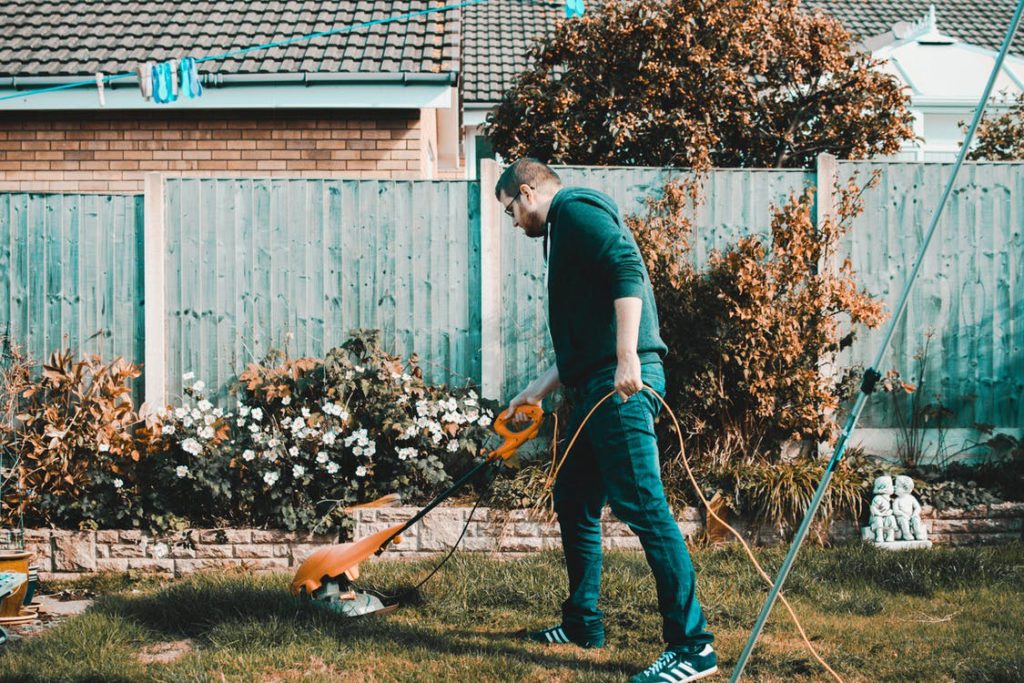
With Earth Day coming up on April 22, and the sun finally peeking out from behind those trademark Seattle clouds, working in the yard becomes more of a possibility.
If chronic pain is holding you back from planning the perfect vegetable patch, pruning the prettiest rose bushes, or even just weeding the garden, you might need to make some adjustments. Here are some suggestions for how to avoid pain and still get your garden in tip-top shape for spring.
Stretch Before and After
Before and after you start gardening, take a moment to stretch your body. Weeding and planting require a lot of unnatural and repetitive movements, so warming up your muscles and stretching out your spine beforehand and afterward are beneficial.
Lie on your back, pull both of your knees up to your chest, and then extend them one at a time. Minor backbends are another stretch you can do before, during, and after gardening to ease an achy back.
Use Helpful Tools
You can always make gardening easier for yourself by using particular tools.
Raised garden beds decrease the need for repetitive bending, wheelbarrows or garden carts assist with lifting, and wide-handled shears, watering pots, and shovels and garden kneelers and stools can make your gardening session more comfortable.
Lift Correctly
We’ve all heard “Don’t lift with your back!,” but sometimes we need a little reminder.
When you’re lifting, make sure you bend at the knees in a squat position, keeping your back as straight as possible. When bending down to pick something up, consider taking a knee instead of bending at the waist if that’s more comfortable for you. If you’re turning to move something or set something down, pivot your whole body rather than just twisting the top part of your body.
Practicing these methods of lifting and setting things down can do wonders to prevent pain in your lower back and neck.
Switch Up Activities
Gardening is an activity that involves a lot of repetitive motions, such as pulling, bending, digging, and reaching. When done for extended periods of time, these repetitive motions can be harmful and cause injuries.
Switch up your tasks and limit each motion to twenty minutes or so before taking a break, stretching, or starting a new activity.
Listen to Your Body
As always, listen to your body. If your back or neck begins to ache, don’t feel bad about stopping. If the pain persists, set down the garden shears and contact your doctor or chiropractor. Consider yoga, acupuncture, or a series of chiropractic sessions to work on healing.
Contact Spencer Chiropractor today to schedule a consultation!
